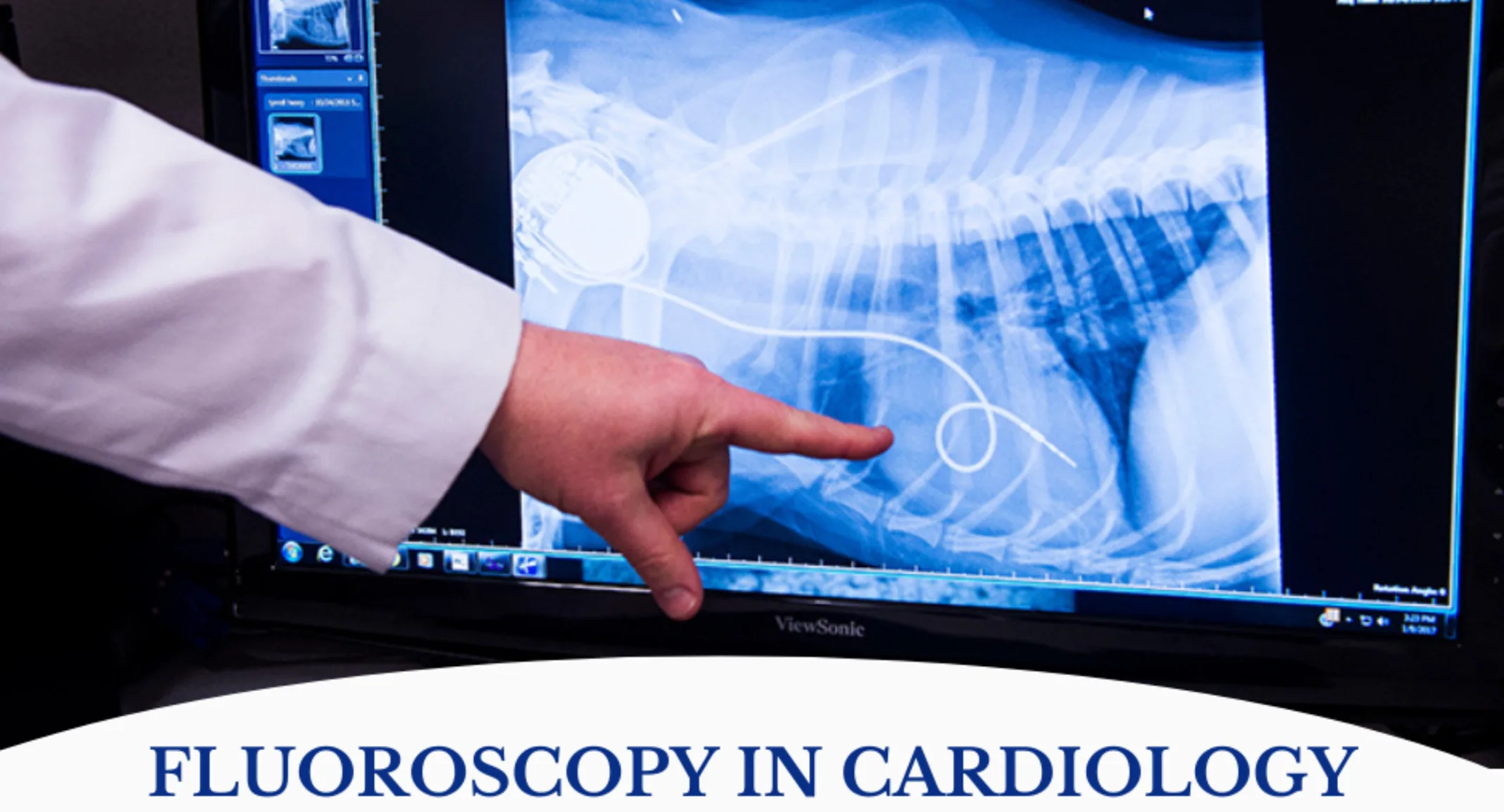Fluoroscopy in Cardiology: A Game Changer for Heart Patients
Caring For Your Pet

What is Fluoroscopy?
Fluoroscopy is a continuous (video) X-ray imaging technique that captures dynamic, real-time views of internal organs. Unlike traditional X-rays, which provide static images, fluoroscopy enables veterinarians to assess the heart as it pumps blood, detect abnormalities, and perform more accurate, minimally invasive interventions.
How Fluoroscopy Benefits Cardiac Patients
Fluoroscopy is a vital tool in veterinary cardiology, offering multiple benefits for pets with heart disease:
✅ Enhanced Diagnostic Accuracy: Fluoroscopy provides a clearer picture of complex heart conditions, such as collapsing trachea, congenital heart defects, and vascular abnormalities. The use of contrast agents helps further highlight these conditions.
✅ Minimally Invasive Treatment: Fluoroscopy is essential for guiding procedures such as balloon valvuloplasty and pacemaker placement, reducing the need for more invasive surgery.
✅ Faster Recovery & Better Outcomes: Since fluoroscopy allows for minimally invasive techniques, pets experience less pain, shorter hospital stays, and quicker recovery times compared to traditional surgical approaches.
Common Heart Conditions Diagnosed & Treated with Fluoroscopy
Patent Ductus Arteriosus (PDA): A congenital defect where an abnormal blood vessel remains open after birth. Fluoroscopy guides the placement of a small metal plug device to close the PDA without the need for open-chest surgery.
Pulmonic & Aortic Stenosis: Narrowing of the heart valves can restrict blood flow, leading to heart failure. Fluoroscopy helps cardiologists position balloon catheters to widen the affected valves, improving blood circulation. This is commonly performed in dogs with severe pulmonic stenosis but is not an option for most aortic stenoses.
Pacemaker Implantation: Pets with severe arrhythmias may require a pacemaker. Fluoroscopy ensures precise placement of lead wires within the heart, improving the pacemaker's effectiveness.
Why Early Detection Matters
Early detection of heart disease can significantly improve a pet’s quality of life. A referral to a veterinary cardiologist is recommended if your pet has the following:
A heart murmur or irregular heartbeat detected by your primary care veterinarian
Signs of heart disease, including breathing difficulties, coughing, fainting, or exercise intolerance
A cardiologist typically begins with an echocardiogram (heart ultrasound) and determines if fluoroscopy is necessary for a more detailed assessment.
Advanced Heart Care at MVES
Fluoroscopy is transforming veterinary cardiology, offering pet owners a more effective and minimally invasive approach to managing heart disease. If your pet has been diagnosed with a heart condition, early intervention and advanced imaging can make all the difference.
🔹 Talk to your primary veterinarian about a referral to our cardiology team. 🔹 Schedule a consultation today to learn how fluoroscopy can benefit your pet!
